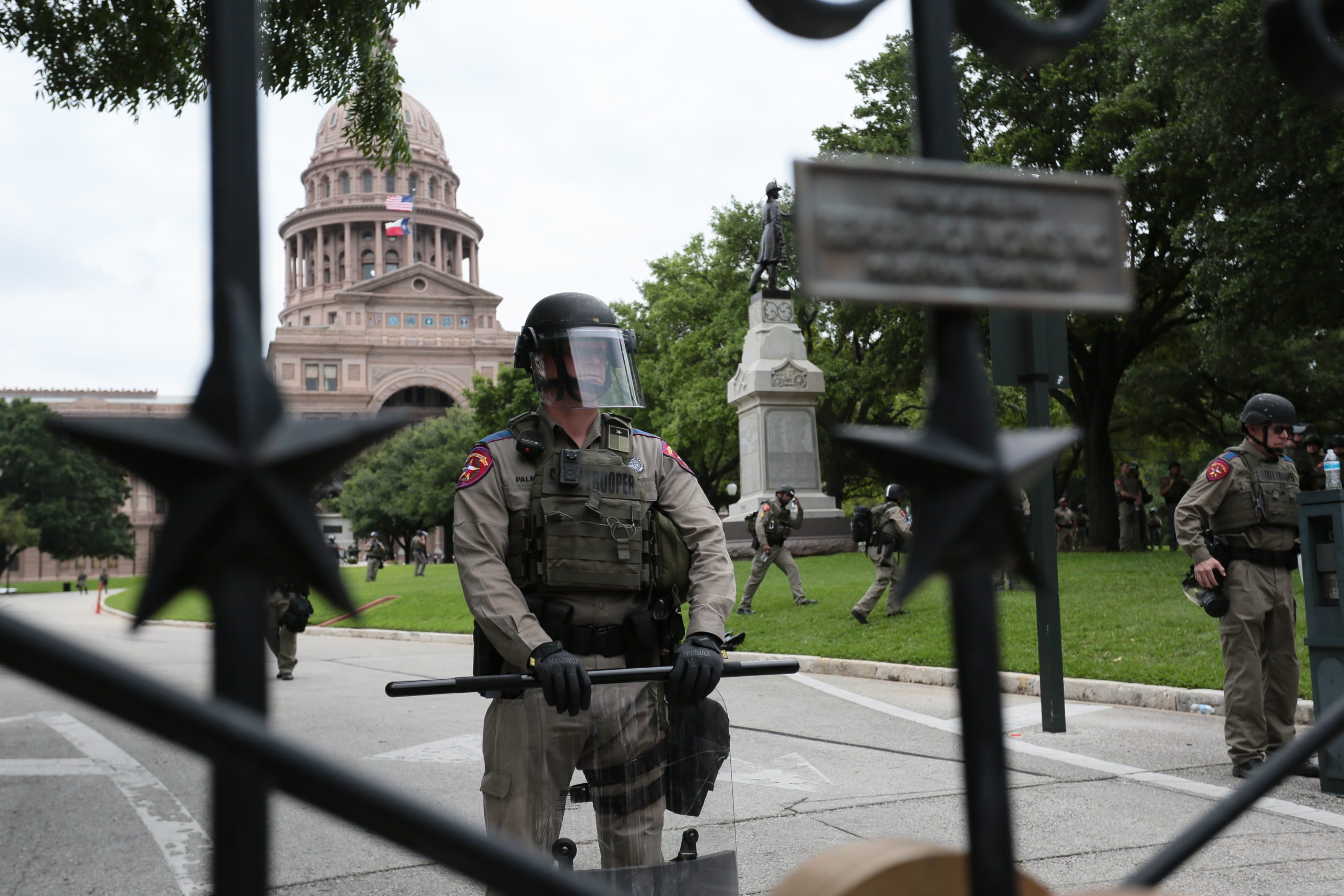- cross-posted to:
- texas
- cross-posted to:
- texas
In June, the Texas Department of Public Safety (DPS) signed an acquisition plan for a 5-year, nearly $5.3 million contract for a controversial surveillance tool called Tangles from tech firm PenLink, according to records obtained by the Texas Observer through a public information request. The deal is nearly twice as large as the company’s $2.7 million two-year contract with the federal Immigration and Customs Enforcement (ICE).
Tangles is an artificial intelligence-powered web platform that scrapes information from the open, deep, and dark web. Tangles’ premier add-on feature, WebLoc, is controversial among digital privacy advocates. Any client who purchases access to WebLoc can track different mobile devices’ movements in a specific, virtual area selected by the user, through a capability called “geofencing.” Users of software like Tangles can do this without a search warrant or subpoena. (In a high-profile ruling, the Fifth Circuit recently held that police cannot compel companies like Google to hand over data obtained through geofencing.) Device-tracking services rely on location pings and other personal data pulled from smartphones, usually via in-app advertisers. Surveillance tech companies then buy this information from data brokers and sell access to it as part of their products.
WebLoc can even be used to access a device’s mobile ad ID, a string of numbers and letters that acts as a unique identifier for mobile devices in the ad marketing ecosystem, according to a US Office of Naval Intelligence procurement notice.
Wolfie Christl, a public interest researcher and digital rights activist based in Vienna, Austria, argues that data collected for a specific purpose, such as navigation or dating apps, should not be used by different parties for unrelated reasons. “It’s a disaster,” Christl told the Observer. “It’s the largest possible imaginable decontextualization of data. … This cannot be how our future digital society looks like.”



I am not talking about other people, I am saying that any individual who happens to become part of some unplanned ethical riot, has a chance to not be tracked through their phone and still use its function which don’t require any external connection, like camera.
Whether they decide to use it or not is really up to them.
deleted by creator
I am not disputing this part - I am just saying, there is something you can do even when the situation is not planned. I am not saying it is easy or anything, I am saying you are not without options.
I am not advocating for state survaillence.
deleted by creator
If we are talking about how we would design our utopia (no sarcasm here) we absolutely shouldn’t. I am just pointing out that even in less than ideal reality you are not without options.